Introduction
Depression is a common but serious condition that affects millions of people worldwide. Feeling down and struggling to find happiness? You’re not alone. At Ultimate Brain Clinic in Chennai, we’re dedicated to helping you navigate these tough times. Let’s explore practical ways to find joy even when depression feels overwhelming.
Understanding Depression
What is Depression?
Depression is more than just feeling sad. It’s a mental health disorder that affects your mood, thoughts, and overall well-being. It can make even the simplest tasks feel impossible and drain your energy and enthusiasm for life.
Common Symptoms of Depression
- Persistent sadness or emptiness
- Loss of interest in activities once enjoyed
- Changes in appetite or weight
- Sleep disturbances
- Fatigue or lack of energy
- Difficulty concentrating
- Feelings of worthlessness or guilt
- Thoughts of death or suicide
How Depression Affects Daily Life
Depression can interfere with every aspect of your life, from work and school to relationships and self-care. It can create a cycle of negative thoughts and behaviors that feel impossible to break.
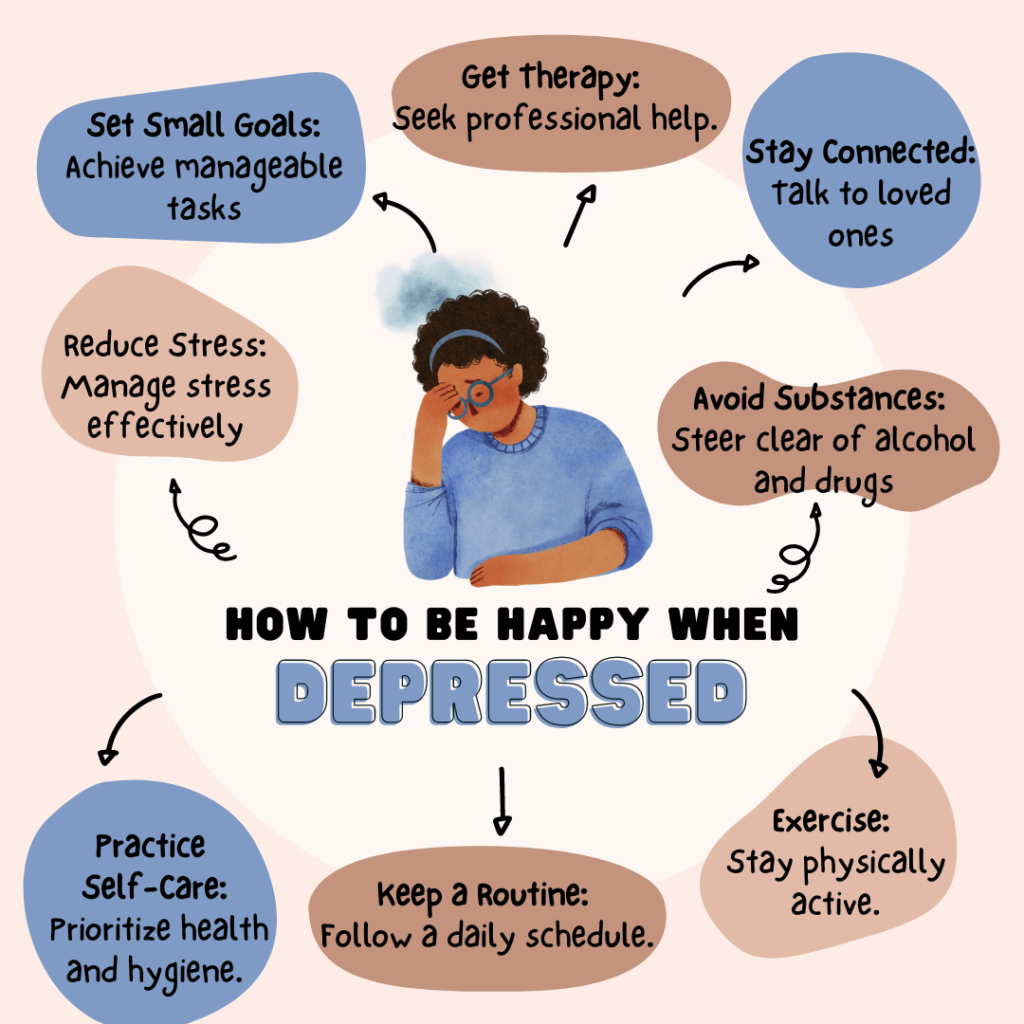
Seeking Professional Help
Importance of Consulting a Doctor
If you’re experiencing symptoms of depression, it’s crucial to seek professional help. A doctor can provide a proper diagnosis and recommend effective treatments tailored to your needs.
Services Available at Ultimate Brain Clinic, Chennai
At Ultimate Brain Clinic, we offer a range of services to support your mental health, including therapy, medication management, and holistic treatments. Our team of experts is here to guide you every step of the way.
Developing a Positive Mindset
Practicing Gratitude
Start by acknowledging the good things in your life, no matter how small. Keeping a gratitude journal can help shift your focus from negative thoughts to positive ones.
Setting Realistic Goals
Set achievable goals that give you a sense of purpose and accomplishment. Celebrate your progress, no matter how minor it may seem.
Healthy Lifestyle Choices
Importance of a Balanced Diet
Eating a nutritious diet can improve your mood and energy levels. Focus on foods rich in vitamins, minerals, and antioxidants.
Benefits of Regular Exercise
Exercise releases endorphins, which are natural mood lifters. Aim for at least 30 minutes of physical activity most days of the week.
Building Strong Relationships
Connecting with Family and Friends
Spending time with loved ones can provide emotional support and reduce feelings of isolation. Don’t hesitate to reach out and share your feelings.
Joining Support Groups
Support groups offer a safe space to connect with others who understand what you’re going through. Sharing experiences can be incredibly healing.
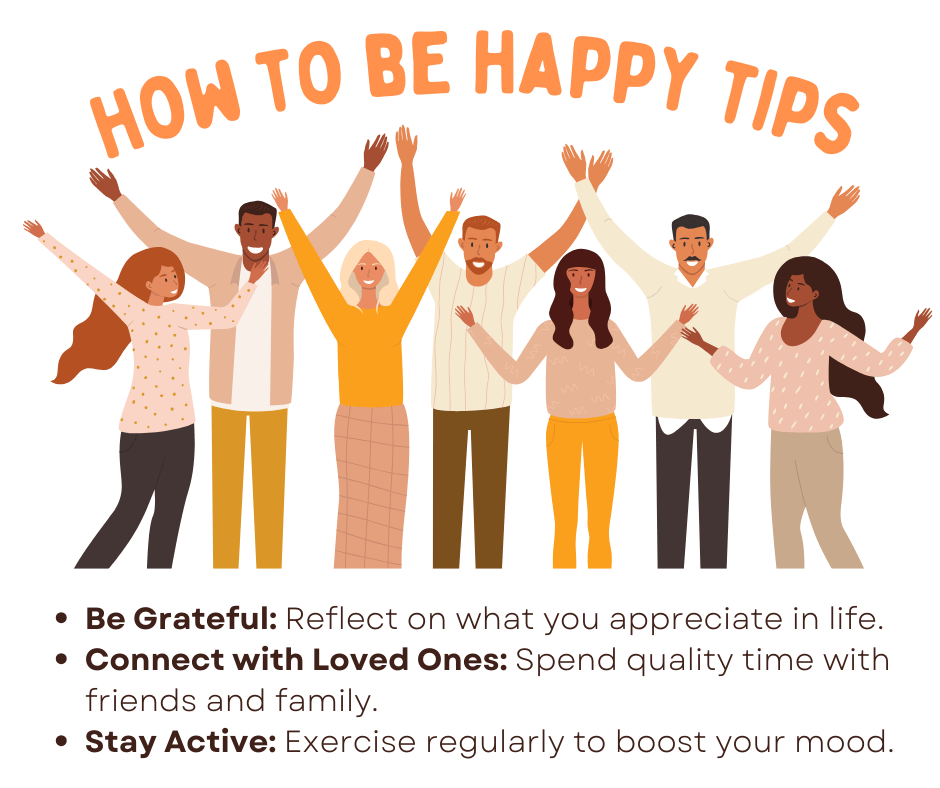
Mindfulness and Meditation
Benefits of Mindfulness
Mindfulness involves being present in the moment without judgment. It can reduce stress and improve your overall mental health.
Simple Meditation Practices
Start with a few minutes of meditation each day. Focus on your breath and gently bring your mind back when it wanders.
Cognitive Behavioral Therapy (CBT)
How CBT Helps in Managing Depression
CBT is a type of therapy that helps you identify and change negative thought patterns. It’s highly effective for treating depression.
Techniques Used in CBT
Techniques include cognitive restructuring, behavioral activation, and exposure therapy. These strategies can help you develop healthier thought patterns and behaviors.
Medication and Treatment Options
Overview of Antidepressants
Antidepressants can help balance chemicals in your brain that affect mood. Your doctor can determine if medication is right for you.
Other Treatment Options Available
Other treatments may include therapy, lifestyle changes, and alternative therapies like acupuncture or yoga.
Engaging in Hobbies and Interests
Finding Joy in Activities
Engaging in activities you enjoy can provide a sense of accomplishment and pleasure. It can be anything from painting to gardening.
Discovering New Hobbies
Trying new activities can help break the monotony and give you something to look forward to.
Importance of Sleep
How Sleep Affects Mental Health
Lack of sleep can worsen depression symptoms. Aim for 7-9 hours of quality sleep each night.
Tips for Improving Sleep Quality
Create a bedtime routine, avoid screens before bed, and make your sleeping environment comfortable and quiet.
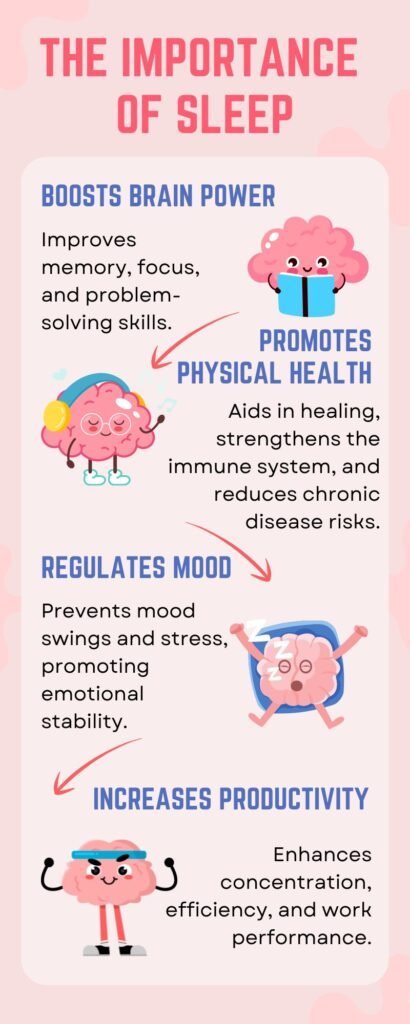
Avoiding Alcohol and Drugs
Impact of Substances on Depression
Alcohol and drugs can worsen depression symptoms and interfere with treatment. Avoiding them can improve your mental health.
Healthy Alternatives to Cope with Stress
Consider healthy stress-relief techniques like exercise, hobbies, or talking to a friend.
Practicing Self-Compassion
Being Kind to Oneself
Treat yourself with the same kindness you would offer a friend. Acknowledge your efforts and forgive yourself for setbacks.
Overcoming Self-Criticism
Challenge negative self-talk by focusing on your strengths and achievements.
Staying Informed and Educated
Learning About Depression
Understanding depression can help you feel more in control. Educate yourself about the condition and available treatments.
Resources for Further Reading
Books, websites, and support groups can provide valuable information and support.
Conclusion
Depression is challenging, but it’s important to remember that you are not alone and help is available. By seeking professional help and making positive changes in your life, you can find happiness again. At Ultimate Brain Hospital in Chennai, we’re here to support you on your journey to recovery. Remember, it’s okay to ask for help and take small steps towards a brighter future.
FAQs
1. What are the early signs of depression?
Early signs include persistent sadness, loss of interest in activities, changes in sleep and appetite, and difficulty concentrating.
2. How can I help a loved one who is depressed?
Offer support, listen without judgment, encourage them to seek professional help, and be patient with their recovery process.
3. Are there natural remedies for depression?
Natural remedies like exercise, a healthy diet, and mindfulness practices can complement professional treatment but should not replace it.
4. How long does it take to recover from depression?
Recovery time varies for each person. With the right treatment, many people start to feel better within a few weeks, but full recovery can take months.
5. Is depression treatable?
Yes, depression is treatable with a combination of therapy, medication, and lifestyle changes. Many people recover and lead fulfilling lives.
Make an Appointment Today and Shine Brighter!
Call us at(+91)9444437698!
For more information on Depression, visit Ultimate Brain: Depression.
Watch on YouTube.
Contact us on WhatsApp.
Connect with her on LinkedIn.
For additional wellness services, check out Silkee.
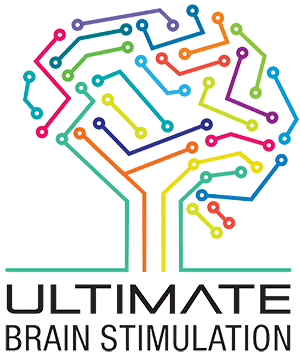
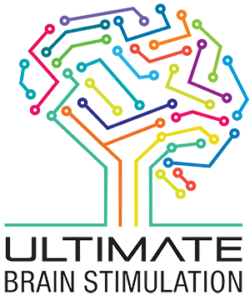
How Depression Feels - Ultimate Brain
August 8, 2024[…] How to be Happy when Depressed- Click Here […]